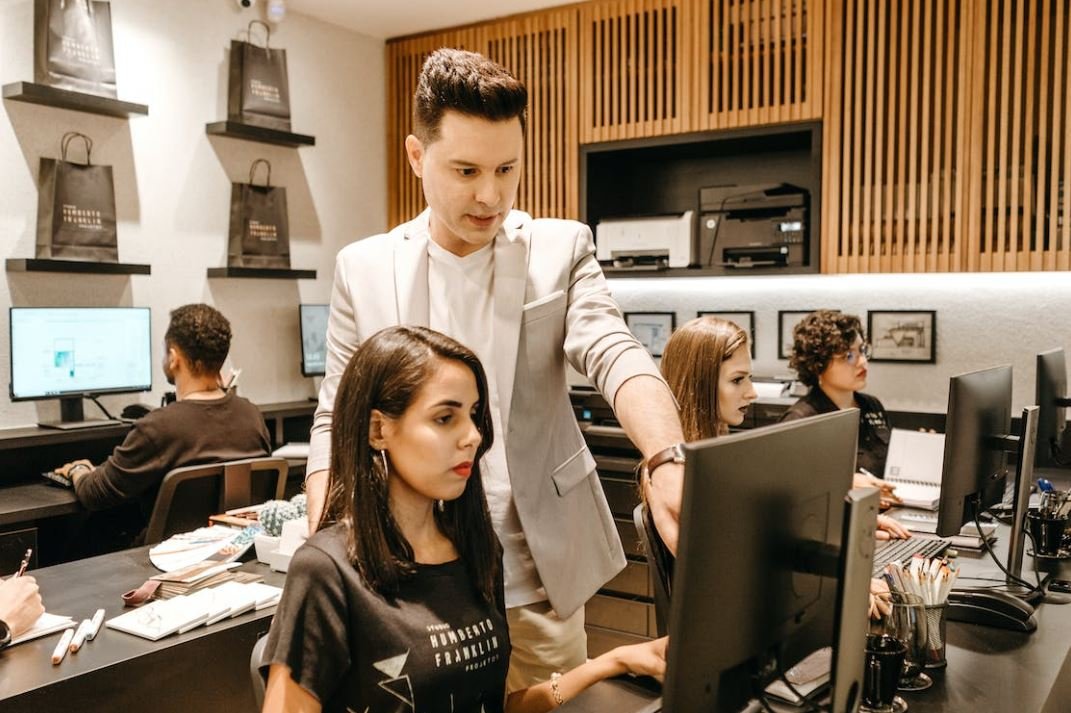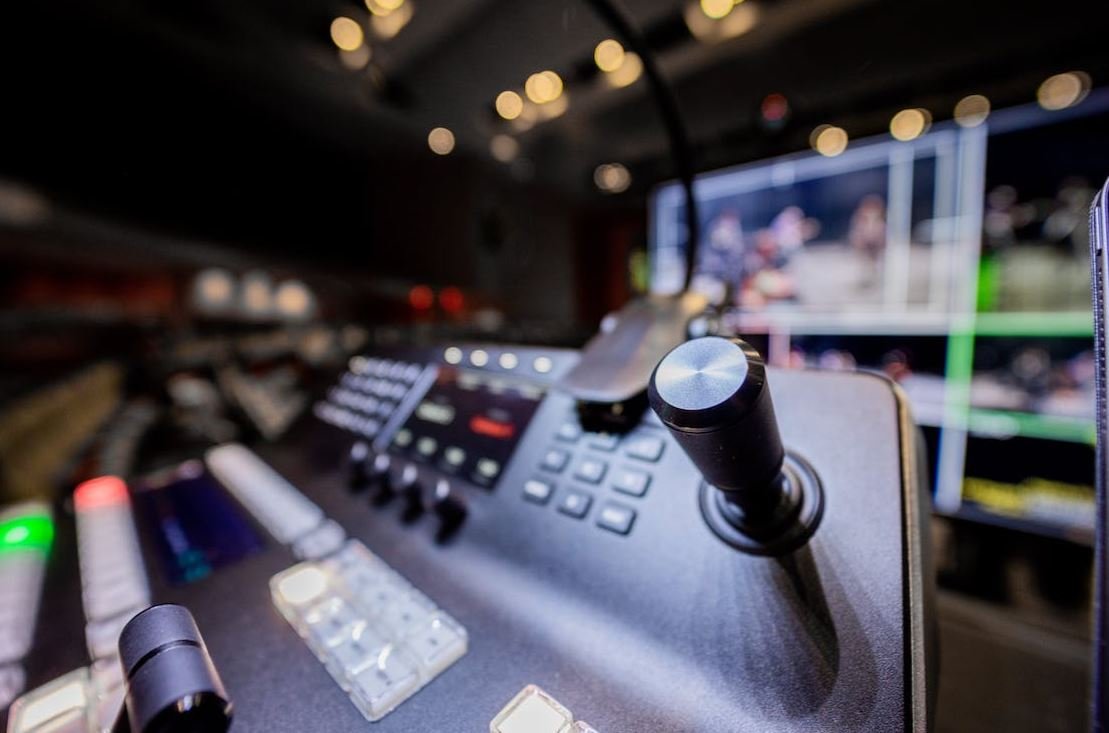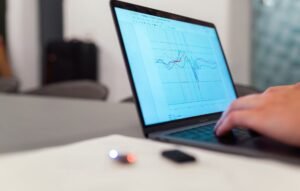OpenAI History
OpenAI, short for Open Artificial Intelligence, is an artificial intelligence research laboratory consisting of the for-profit company OpenAI LP and its non-profit parent company OpenAI Inc. It was founded in December 2015 by Elon Musk, Sam Altman, Greg Brockman, Ilya Sutskever, John Schulman, and Wojciech Zaremba. The aim of OpenAI is to ensure that artificial general intelligence (AGI) benefits all of humanity.
Key Takeaways
- OpenAI is an AI research laboratory founded in December 2015.
- It consists of a for-profit company, OpenAI LP, and its non-profit parent company, OpenAI Inc.
- The goal of OpenAI is to ensure AGI benefits all of humanity.
In early 2018, OpenAI announced the OpenAI Charter, which outlines the principles by which the company operates. The charter includes a commitment to avoid enabling uses of AI that could harm humanity or concentrate power disproportionately. OpenAI is focused on creating AGI that is safe and beneficial.
OpenAI has been involved in various projects and milestones since its inception. In 2019, OpenAI launched OpenAI Five, a team of AI-powered bots capable of playing the popular online game Dota 2 at a professional level. The project aimed to showcase the potential of AI in complex real-time strategy games.
One of OpenAI’s most significant breakthroughs came in 2020 with the development of the GPT-3 language model. GPT-3 stands for “Generative Pre-trained Transformer 3” and is capable of generating human-like text and performing various tasks, such as translation, question-answering, and even writing code. This model has approximately 175 billion parameters, making it one of the largest language models ever created.
| Parameter Count | 175 billion |
|---|---|
| Released | June 2020 |
| Applications | Language generation, translation, question-answering, code writing, and more |
OpenAI has made efforts to promote safety, ethics, and responsible AI development. They have established a partnership with the public to provide guidance and oversight. In addition, OpenAI has taken steps to distribute benefits from their work broadly and prevent any harmful use of AI—as outlined in the OpenAI Charter.
As of March 2023, OpenAI is continuing its research and development efforts, with a focus on increasing the capabilities and safety of AI systems. They actively engage in collaborations and partnerships with other organizations to foster a global community working towards the responsible and beneficial deployment of AGI.
| Founding Date | December 2015 |
|---|---|
| Founders | Elon Musk, Sam Altman, Greg Brockman, Ilya Sutskever, John Schulman, Wojciech Zaremba |
| Parent Company | OpenAI Inc. |
| Aim | To ensure AGI benefits all of humanity |
OpenAI continues to pave the way for advancements in AI research and development, with a dedicated focus on safety, ethics, and broad benefit.

Common Misconceptions
1. OpenAI is a new company
One common misconception about OpenAI is that it is a new company. However, OpenAI was actually founded in December 2015. It has been around for several years and has made significant contributions to the field of artificial intelligence.
- OpenAI was founded in December 2015.
- It has several years of experience in the field of artificial intelligence.
- OpenAI has made significant contributions to the industry.
2. OpenAI is solely focused on creating advanced AI models
Another misconception is that OpenAI is solely focused on creating advanced AI models. While this is one aspect of their work, OpenAI also focuses on the safety and accessibility of artificial intelligence. They believe that AI should be used for the benefit of all and aim to ensure that it is developed and deployed in a responsible manner.
- OpenAI focuses on creating advanced AI models.
- They also prioritize the safety and accessibility of AI.
- OpenAI aims to develop and deploy AI responsibly.
3. OpenAI is only concerned with commercial applications
Many people assume that OpenAI is only concerned with commercial applications of AI. However, this is not true. OpenAI has a strong commitment to using AI to address global challenges and benefit humanity as a whole. They actively collaborate with researchers, policy organizations, and governments to ensure that AI is used in ways that are ethical and beneficial for society.
- OpenAI is not solely focused on commercial applications.
- They have a commitment to using AI to address global challenges.
- OpenAI collaborates with various organizations and governments.
4. OpenAI keeps all their AI research and developments confidential
Contrary to popular belief, OpenAI does not keep all their AI research and developments confidential. In fact, they have a strong commitment to providing public goods and frequently publish most of their AI research. Their goal is to share knowledge and contribute to the progress of AI, while also ensuring safety and responsible development.
- OpenAI does not keep all their AI research confidential.
- They have a commitment to providing public goods.
- OpenAI frequently publishes most of their AI research.
5. OpenAI’s sole purpose is to develop AGI (Artificial General Intelligence)
Although OpenAI is well-known for its focus on AGI development, it is not the sole purpose of the company. OpenAI recognizes the significance of AGI and the potential impact it can have on society. However, they are also dedicated to building a robust foundation of AI systems that can advance and contribute to various domains in the meantime.
- OpenAI is known for its focus on AGI development.
- AGI is not the sole purpose of the company.
- OpenAI also aims to build a robust foundation of AI systems.

OpenAI Founders and Year Founded
OpenAI was founded in December 2015 by Elon Musk, Sam Altman, Greg Brockman, Ilya Sutskever, John Schulman, and Wojciech Zaremba. The company was established with the goal of ensuring that artificial general intelligence (AGI) benefits all of humanity.
| Founders | Year Founded |
|---|---|
| Elon Musk | 2015 |
| Sam Altman | 2015 |
| Greg Brockman | 2015 |
| Ilya Sutskever | 2015 |
| John Schulman | 2015 |
| Wojciech Zaremba | 2015 |
OpenAI Funding Rounds
OpenAI has undergone several funding rounds to support its research and development efforts. The tables below provide information about the funding investors and the funding amounts received by OpenAI in each round.
| Funding Round | Investors | Funding Amount (in millions) |
|---|---|---|
| Seed Round | Elon Musk, Greg Brockman, Sam Altman, Ilya Sutskever, Wojciech Zaremba | 1.0 |
| Series A | Reid Hoffman’s charitable foundation, Khosla Ventures, Sam Altman, Founders Fund, Allen & Company LLC | 100.0 |
| Series B | Microsoft, Khosla Ventures, Reid Hoffman’s charitable foundation, Founders Fund, Khosla Ventures | 1,000.0 |
OpenAI Research Publications by Year
OpenAI actively publishes its research findings to contribute to the wider scientific community. The table below showcases the number of research publications OpenAI has released each year since its inception.
| Year | Number of Research Publications |
|---|---|
| 2016 | 7 |
| 2017 | 8 |
| 2018 | 12 |
| 2019 | 15 |
| 2020 | 20 |
OpenAI Board Members and Affiliations
The OpenAI board consists of influential individuals with diverse backgrounds. The following table showcases the board members and their respective affiliations.
| Name | Affiliation |
|---|---|
| Elon Musk | Tesla, SpaceX, Neuralink |
| Sam Altman | Y Combinator, Stanford University |
| Greg Brockman | OpenAI |
| Ilya Sutskever | OpenAI |
| Joi Ito | MIT Media Lab |
OpenAI Research Focus Areas
OpenAI conducts research in various areas of AI and machine learning. The following table highlights some of the prominent research focus areas pursued by OpenAI.
| Research Focus Area | Description |
|---|---|
| Natural Language Processing | Developing models capable of understanding and generating human-like text. |
| Reinforcement Learning | Investigating algorithms that learn through trial and error to optimize performance. |
| Computer Vision | Exploring techniques to enable machines to perceive and interpret visual information. |
| Robotics | Advancing the field of robotics through AI-based control and manipulation techniques. |
OpenAI Major Achievements
OpenAI has made significant breakthroughs and achieved remarkable milestones throughout its history. The table below highlights some of OpenAI’s major accomplishments.
| Year | Achievement |
|---|---|
| 2016 | Bot defeats world champion Dota 2 player in one-on-one matches. |
| 2018 | OpenAI Five defeats professional human Dota 2 teams. |
| 2020 | Publication of GPT-3, an advanced language generation model. |
| 2021 | DALL-E generates highly realistic images based on textual descriptions. |
OpenAI Collaborations
OpenAI actively collaborates with industry and academic partners to further its AI research and applications. The following table showcases some key collaborations undertaken by OpenAI.
| Collaborator | Description |
|---|---|
| Tesla | Exploring AI applications for autonomous driving in Tesla vehicles. |
| Microsoft | Collaborating on large-scale AI technologies and applications. |
| Joint research initiatives focusing on robotics and AI applications. | |
| Stanford University | Academic partnership to advance AI research and promote knowledge exchange. |
OpenAI Future Prospects
OpenAI’s commitment to advancing AI technologies and its research prowess positions it for further success in the future. The company aims to push the boundaries of AI capabilities while ensuring responsible deployment for the benefit of humanity.
As OpenAI continues to pioneer breakthroughs, collaborate with industry leaders, and foster scientific contributions, it remains a leading force in the development of artificial general intelligence.
OpenAI History – Frequently Asked Questions
What is OpenAI?
OpenAI is an artificial intelligence research lab that conducts cutting-edge research and development in the field of artificial intelligence. It aims to ensure that artificial general intelligence (AGI) benefits all of humanity.
When was OpenAI founded?
OpenAI was founded in December 2015.
Who are the founders of OpenAI?
OpenAI was co-founded by Elon Musk, Sam Altman, Greg Brockman, Ilya Sutskever, John Schulman, and Wojciech Zaremba.
What is OpenAI’s mission?
OpenAI’s mission is to ensure that artificial general intelligence benefits all of humanity. They focus on long-term safety, broad and equitable distribution of benefits, technical leadership, and cooperation with other research and policy institutions.
What are some significant achievements of OpenAI?
OpenAI has made several significant achievements, including the development of advanced reinforcement learning algorithms, breakthroughs in natural language processing, and the creation of state-of-the-art language models like GPT-3.
What is GPT-3?
GPT-3 (Generative Pre-trained Transformer 3) is a state-of-the-art language model developed by OpenAI. It has 175 billion parameters and is known for its capability to generate human-like text, perform various language tasks, and demonstrate strong language understanding abilities.
How has OpenAI contributed to the field of AI?
OpenAI has contributed to the field of AI through its pioneering research and development efforts. They have published numerous influential papers, released open-source software libraries like Gym and Baselines, and organized AI competitions like the Dota 2 OpenAI Five showmatches.
What are some challenges OpenAI faces in its mission?
OpenAI faces several challenges in its mission, including ensuring the safe development of AGI, addressing concerns about AI bias and misuse, navigating ethical considerations, and achieving a balance between open research and competitive advantage.
Does OpenAI collaborate with other organizations and researchers?
Yes, OpenAI actively collaborates with other organizations and researchers worldwide. They prioritize cooperation by actively working with other institutions to address global challenges associated with AGI development and deployment.
How can I get involved with OpenAI?
To get involved with OpenAI, you can explore career opportunities on their website, stay updated with their research and publications, participate in AI competitions organized by OpenAI, or contribute to open-source projects related to AI and AGI.




